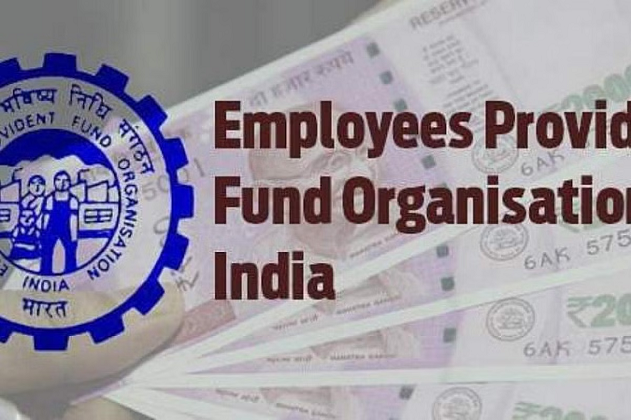12% of the basic salary and dearness allowance of each employee is contributed by the company to EPF. Of the 12% employer contribution, 8.33% goes to the Employees’ Pension Scheme and 3.67% to the Employees’ Provident Fund.
EPFO High Pension: Employees’ Provident Fund Organization (EPFO) members are eligible for pension after retirement. All eligible members have time till June 26, 2023, to opt for and apply jointly with their employers for the enhanced pension through the portal for integrated members of the retirement fund organisation, EPFO. At present, 12% of the basic salary and dearness allowance of each employee is contributed by their company to the EPF. Of the 12% employer contribution, 8.33% goes to the Employees’ Pension Scheme (EPS) and 3.67% to the Employees’ Provident Fund (EPF).
A pension program was set up by the government in 1995 under Section 6A of the EPF Act. As per the Employees’ Pension System of 1995 (EPS-95), the employer (institution) contribution of 8.33% should be made in the pension scheme. The maximum monthly pension was fixed at Rs.5,000 or Rs.6,000 by EPS-95. The employer was required to pay 8.33% of the initial Rs. 5,000 for pension scheme (which was later increased to Rs.6,500)
How much pension can be received
Here is an example to know how much pension you can get by choosing the EPFO High Pension option. For example, if your basic salary is 40,000 per month, and 12% of your basic salary (Rs 4800) is transferred to your EPF account. EPS receives Rs. 1250 of the employer’s contribution, which is equal to 12% of your basic salary, and the balance Rs.3550 in your EPF account.
Understand math like this
If you opt for High Pension, the pension you will be paid on your retirement will be determined using your actual basic pay and dearness allowance (if applicable). For example, the pension would be Rs.18,857 (Rs.40,000*33)/70, if your average pensionable pay (Basic + DA) during the last 60 months was Rs.40,000 at the time of retirement.


